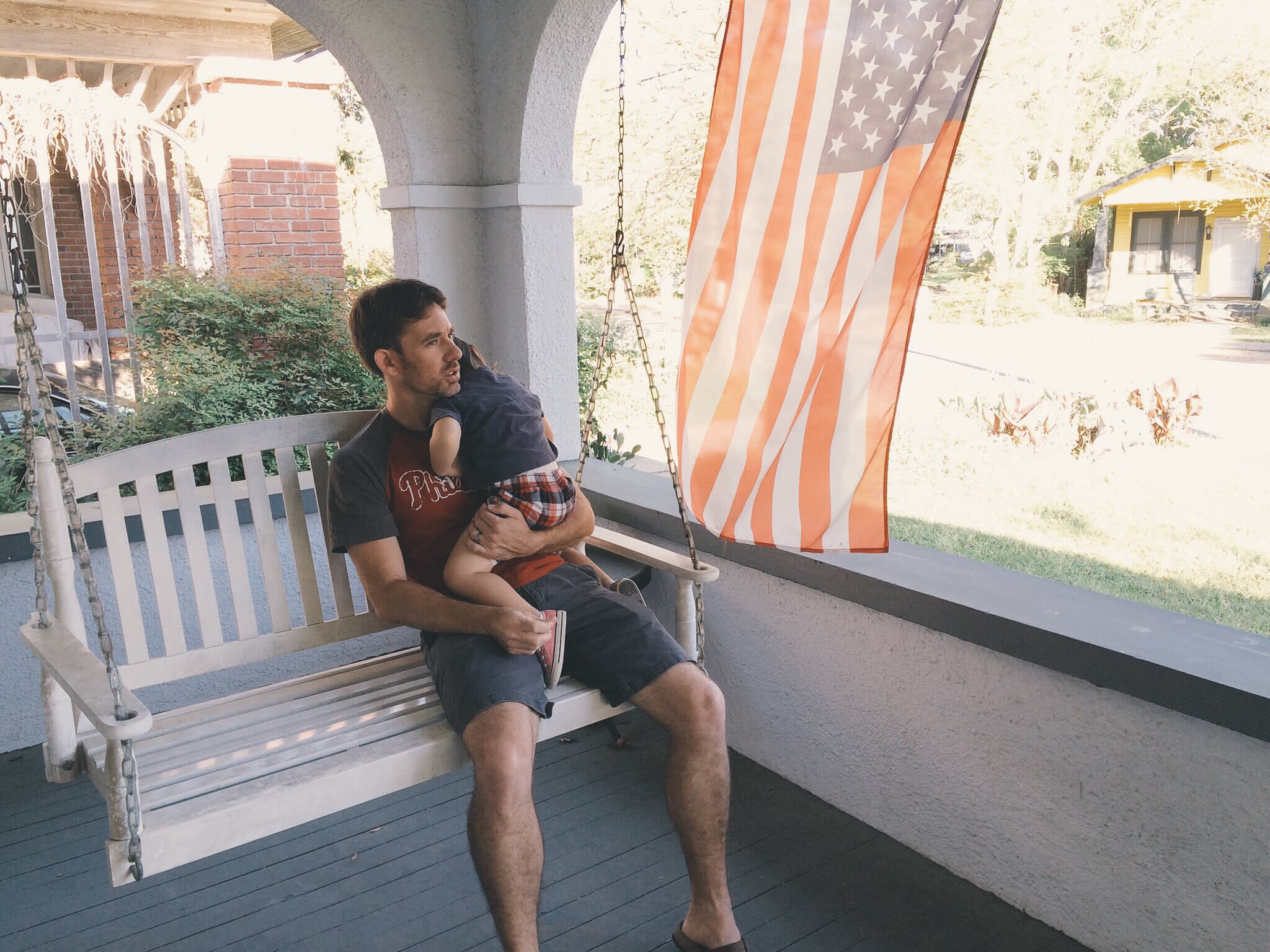Before David Taylor, 38, could even finish touring homes he and his wife, Destiny, 37, were interested in buying, other buyers would offer $20,000 or $30,000 more than the listing price, in cash.
After months of getting beaten out before they could even bid, their agent clued them in to a home in Christiansburg, Virginia, that had yet to be listed: It was about $20,000 above their price range, would need some serious renovation work and didn’t have a backyard like the Taylors wanted for their children to have space to run around. But it had four bedrooms and was in a good school district. Best of all, the couple was the first to learn of it.
The Taylors closed on their new home in early May for $242,000 and estimate they’ve put in around $15,000 to $20,000 on new flooring and ceilings and landscaping. Just a few years ago, the same house would have sold for around $200,000, David estimates.
Their experience is more or less the norm for first-time homebuyers over the past year and a half, as mortgage interest rates plummeted, demand soared and prices skyrocketed during the coronavirus pandemic.
“If these houses were good, they were snatched up in 12 hours; if they were bad, they were snatched up in 36 hours,” David says. “You’re on your phone all day looking at Realtor.com, at Zillow, just waiting for something to pop up.”
Why it’s so hard to buy a home right now
First-time buyers always face an uphill battle, according to Nerdwallet’s recent First-Time Home Buyer Metro Affordability Report: They typically cannot spend as much as other buyers, and their credit histories aren’t as strong.
And like so many other problems, Covid-19 further complicated the process. With no one leaving their homes, supply became even scarcer than it was, says Cory Hopkins, senior managing editor of Zillow’s economic research team. That coincided with more millennials reaching the point where buying a home was financially feasible — and necessary for many with growing families — and desiring more space while working from home.
Institutional investors are also swooping in again, with degrees more capital than the average buyer, snapping up about 1 in 7 U.S. homes in the first quarter of 2021, according to Redfin, a real estate brokerage.
Add all of that together, and the price of starter homes in the U.S. is growing seven times faster than renter income, according to Zillow. It now takes first-time homebuyers a year longer to save for a 20% down payment than it did just five years ago.
When they do buy, many, like the Taylors, are making concessions. Not just on a backyard but on things like having a home inspection, which could lead to more costs down the line, Hopkins says.
“You shouldn’t necessarily have to be in that position,” Hopkins says. “Homebuyers need to be patient. Wait for the right home to come on the market in the right place for the right price.”
But, at least in the Taylors’ experience, first-time buyers don’t want to ask sellers for anything or delay the process, lest they pick another bidder, David says. And when it comes to sticking within a budget, David says potential buyers can forget it.
“People will pay $60,000 or more above the list price without batting an eye,” David says. “Sellers know they will sell their house and do nothing to make it look appealing or updated.” In July, over 55% of homes sold went for more than their asking price, according to Redfin.
But there is good news for those who are considering looking for a home soon. The market has cooled off a bit and inventory is slowly increasing, though prices remain high, Hopkins says. In the coming months, he expects prices to grow at a slower rate than they have been over the past year and a half.
Despite the stress and headaches, the Taylors are happy in their new home. David doesn’t regret the process.
“We were really lucky; we really were,” he says. “But I’m never buying a house again.”
Sign up now: Get smarter about your money and career with our weekly newsletter
Don’t miss: ‘The market is as hot as we’ve ever seen it:’ Why you should wait to buy a house
